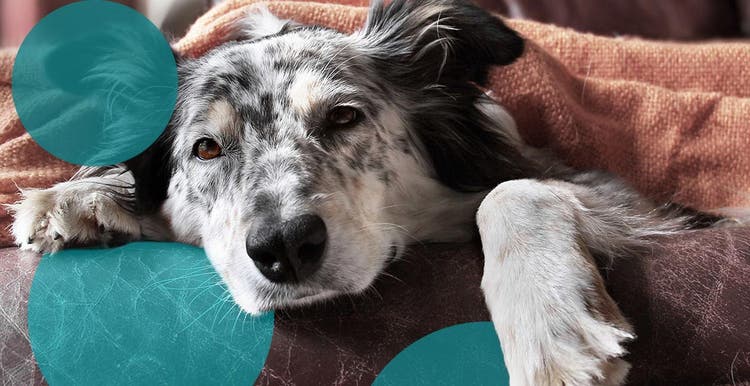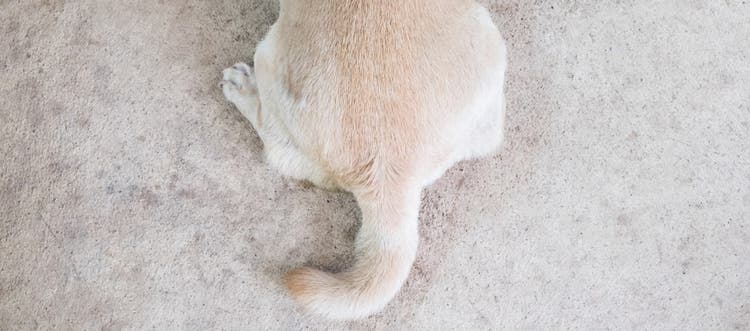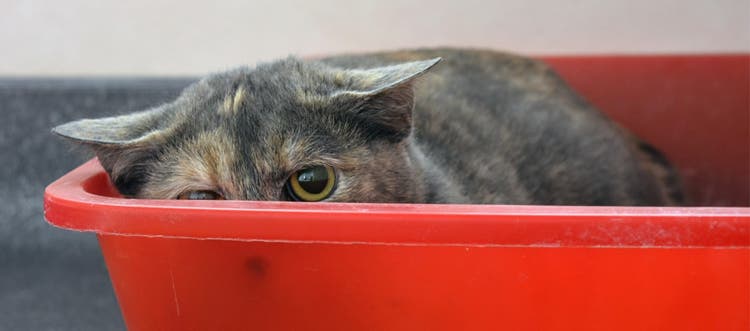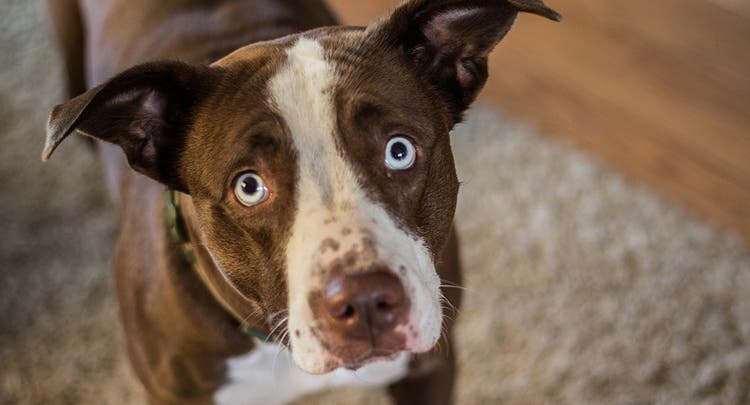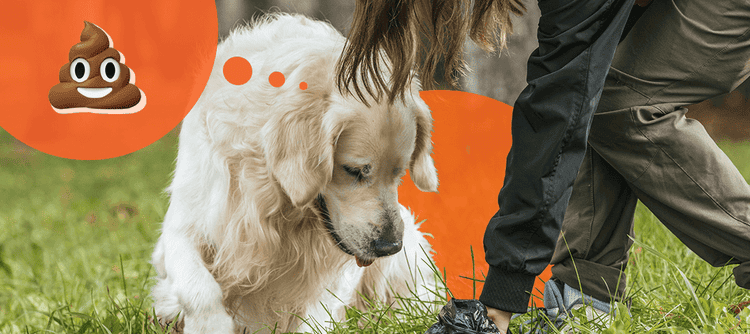The signs, causes and remedies for diarrhea in dogs.
It’s an unpleasant reality that at some point, your dog will probably have diarrhea. While loose or runny stool in dogs isn’t always serious, it can signal a more serious medical issue, especially if it lasts longer than a few days.
Signs of Diarrhea in Dogs and Puppies
If your dog’s stool is loose, runny or very mushy, your dog has diarrhea. The reasons your dog might have diarrhea range from minor to potentially serious. Though diarrhea in dogs is common and often nothing to worry about, you should still check with your vet, especially if:
- Your dog is not behaving normally.
- Your dog is not eating or drinking normally.
- There is blood (a red or black color) in the stool.
- Your puppy’s belly seems bloated.
What Are the Most Common Causes of Diarrhea in Dogs?
Each case of diarrhea in dogs is different. Your dog might be suffering from diarrhea for several reasons, from stress to an upset stomach to a more serious health condition. Understanding the most common causes of diarrhea in dogs can help you identify the issue.
Diet
Your dog’s diet is the biggest factor in the color and consistency of their feces. Often, diarrhea is caused by a simple change in your dog’s diet, or your dog eating something during a walk that irritates their gut. If your dog is on medication, this can also upset their stomach.
Parasites
Many parasites and infections can also cause diarrhea, including bacterial infections, viral infections or parasitic infestations such as roundworm, whipworm or hookworm. If your dog has an intestinal parasite, you might see worms in your dog’s diarrhea. If so, your vet can prescribe a dewormer to treat the infestation, or you can find several over-the-counter deworming options at a pet store or online retailer.
Food Allergies
Additionally, food intolerances, inflammatory conditions and some more serious conditions can cause diarrhea. Always speak to your vet if you’re concerned about your dog and the consistency of their bowel movements.
Other Causes of Diarrhea in Dogs
While rarer, your dog’s diarrhea could also be caused by one of these conditions:
- Bacterial infections
- Inflammatory bowel disease or irritable bowel disease
- Pancreatic disease
- Liver failure
- Heart disease
What Color Is Your Dog’s Poop?
The color of your dog’s waste can help you determine what is causing their diarrhea. For instance, yellow-colored diarrhea could indicate that your dog has a liver issue. Consult this dog poop color chart to learn more about what your dog’s poop color could mean.
What to Do If Your Dog Has Diarrhea
If your dog has diarrhea, monitor them closely and ensure they’re getting enough water, as diarrhea can quickly dehydrate your dog. If you’re concerned your dog is also unwell, such as if they are repeatedly vomiting, or that the diarrhea is more than a one-time incident, consult your vet.
It’s often unnecessary to withhold food from dogs with diarrhea, particularly in puppies who do not have the bodily reserves of older dogs. However, your dog’s normal food may be too rich for them to cope with at this time, so your vet might recommend you feed them something blander (such as chicken and rice), and give smaller portions four to six times a day.
While messy and unpleasant, dog diarrhea is quite common and usually resolves in a few days. If it doesn’t, look for changes in behavior or a bloated belly, check the color of your dog’s poop and consult a vet for an accurate diagnosis.

